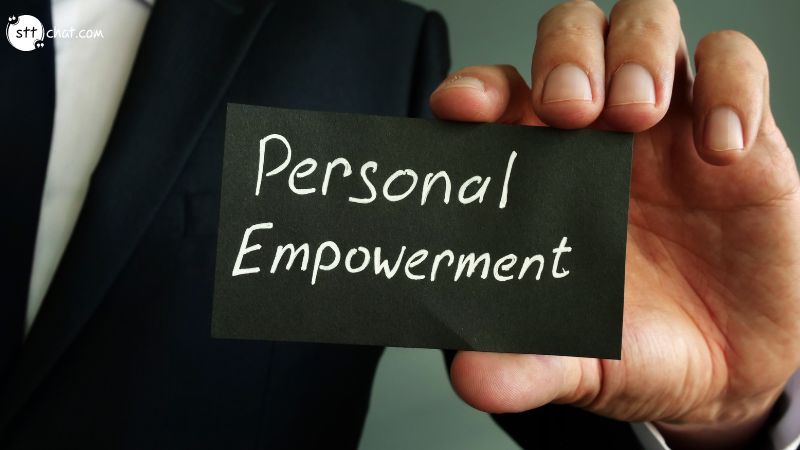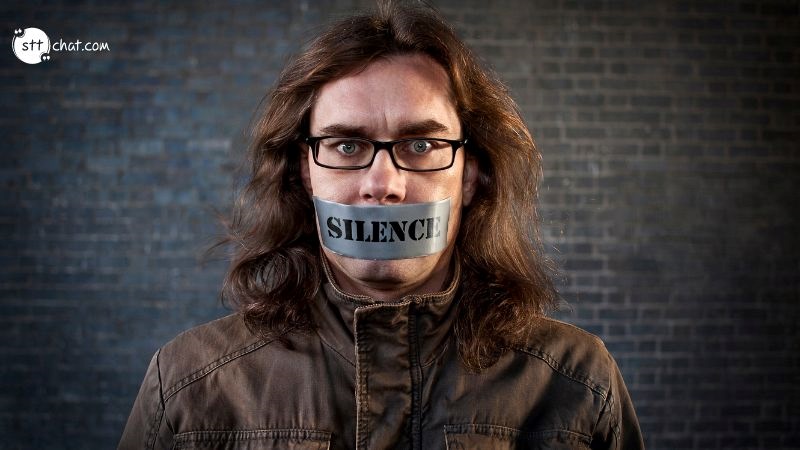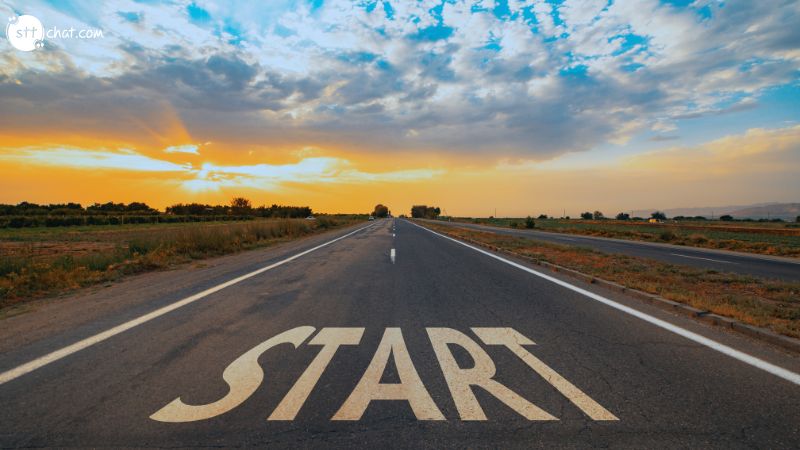Nelson Mandela, a prominent leader in the fight against apartheid in South Africa and a global symbol of resilience and peace, once said, “Education is the most powerful weapon which you can use to change the world.” This quote underscores the transformative power of education, highlighting its role as a catalyst for social, economic, and political change. By delving into the profound implications of Mandela's words, we can better understand how education shapes individuals and societies, fostering progress and development.
1. The Role of Education in Individual Empowerment
Education plays a crucial role in empowering individuals by providing them with the knowledge and skills necessary to navigate and contribute to the world around them.
1.1 Knowledge as a Tool for Empowerment
At its core, education equips individuals with the knowledge they need to make informed decisions, solve problems, and pursue their goals. This empowerment begins with basic literacy and numeracy skills, enabling people to engage with their communities and participate in society effectively.
Beyond basic skills, education fosters critical thinking, creativity, and innovation. It encourages individuals to question the status quo, explore new ideas, and seek solutions to complex challenges. By nurturing these skills, education empowers individuals to shape their destinies and contribute to the betterment of society.
1.2 Economic Opportunities and Social Mobility
Education is a key driver of economic opportunities and social mobility. It opens doors to better job prospects, higher incomes, and improved quality of life. For many individuals, education is the pathway out of poverty and the means to achieve their dreams.
By acquiring education, individuals gain access to various professions and industries, allowing them to contribute to economic growth and development. Moreover, education breaks down barriers and challenges social inequalities, offering a chance for marginalized and disadvantaged groups to uplift themselves and their communities.

The role of education in individual empowerment. Source: Internet
2. Education as a Catalyst for Societal Change
Education's impact extends beyond individuals, serving as a powerful catalyst for societal change. It shapes cultures, influences values, and drives progress in diverse ways.
2.1 Promoting Social Justice and Equality
Education plays a vital role in promoting social justice and equality by challenging discrimination and prejudice. It fosters understanding, tolerance, and respect for diverse perspectives, promoting harmonious coexistence in multicultural societies.
By educating individuals about their rights and responsibilities, education empowers them to advocate for justice and equality. It encourages active citizenship and civic engagement, driving movements for social change and reform. As Mandela himself demonstrated, education can be a tool for resistance against oppression and injustice.
2.2 Advancing Global Development and Innovation
Education is essential for advancing global development and innovation. It drives scientific discoveries, technological advancements, and cultural achievements that shape the modern world. By investing in education, societies can unlock the potential of their people to address global challenges such as poverty, climate change, and health crises.
Moreover, education fosters collaboration and cooperation across borders. It promotes cultural exchange and understanding, building bridges between nations and fostering peace and stability in an interconnected world.
3. The Challenges Facing Education
Despite its transformative power, education faces numerous challenges that hinder its effectiveness and accessibility. Addressing these challenges is crucial for realizing the full potential of education as a weapon for change.
3.1 Inequality in Access to Education
One of the most significant challenges facing education is inequality in access. Millions of children and adults worldwide are denied the opportunity to receive quality education due to factors such as poverty, gender discrimination, and geographic barriers.
Inequality in education perpetuates cycles of poverty and marginalization, limiting opportunities for social and economic advancement. To harness the power of education to change the world, it is essential to address these disparities and ensure that education is accessible to all, regardless of background or circumstances.
3.2 Quality of Education
The quality of education is another critical concern. In many parts of the world, education systems are under-resourced, leading to inadequate teaching and learning conditions. This lack of quality undermines the effectiveness of education in empowering individuals and driving societal change.
Improving the quality of education requires investment in teacher training, curriculum development, and infrastructure. It also involves adopting innovative teaching methods that engage learners and foster critical thinking and creativity.
3.3 Adapting to a Changing World
Education systems must adapt to the rapidly changing world to remain relevant and effective. Technological advancements, shifting job markets, and evolving social dynamics require education systems to be flexible and responsive to new demands.
Incorporating digital literacy, environmental education, and global citizenship into curricula can prepare learners for the challenges and opportunities of the 21st century. By embracing change and innovation, education can continue to be a powerful force for transformation.
4. The Path Forward: Harnessing Education for Change
To fully realize Nelson Mandela's vision of education as a weapon for change, we must take concerted action to address the challenges facing education and leverage its potential for empowerment and progress.
4.1 Investing in Education
Investing in education is essential for building a better future. Governments, organizations, and individuals must prioritize education as a fundamental right and a strategic priority. This investment involves not only funding but also a commitment to creating inclusive, equitable, and quality education systems.
4.2 Fostering Global Collaboration
Global collaboration is crucial for addressing the challenges facing education and maximizing its impact. By sharing knowledge, resources, and best practices, countries can work together to overcome barriers and create a more educated and enlightened world.
4.3 Empowering Educators
Educators are at the heart of education's transformative power. Empowering teachers with the training, resources, and support they need to succeed is vital for delivering quality education and inspiring the next generation of change-makers.
4.4 Encouraging Lifelong Learning
Education should be viewed as a lifelong journey rather than a finite process. Encouraging lifelong learning allows individuals to continuously acquire new skills and knowledge, adapt to changing circumstances, and contribute to society throughout their lives.

Harnessing education for change. Source: Internet
Conclusion
Nelson Mandela's quote, "Education is the most powerful weapon which you can use to change the world," serves as a powerful reminder of the transformative power of education. By empowering individuals, promoting social justice, and driving global development, education has the potential to create a more equitable and prosperous world.
To harness this power, we must address the challenges facing education and invest in creating inclusive, quality education systems that empower all individuals to reach their full potential. Let us embrace Mandela's vision and work towards a future where education is truly a weapon for change, shaping a better world for generations to come.






